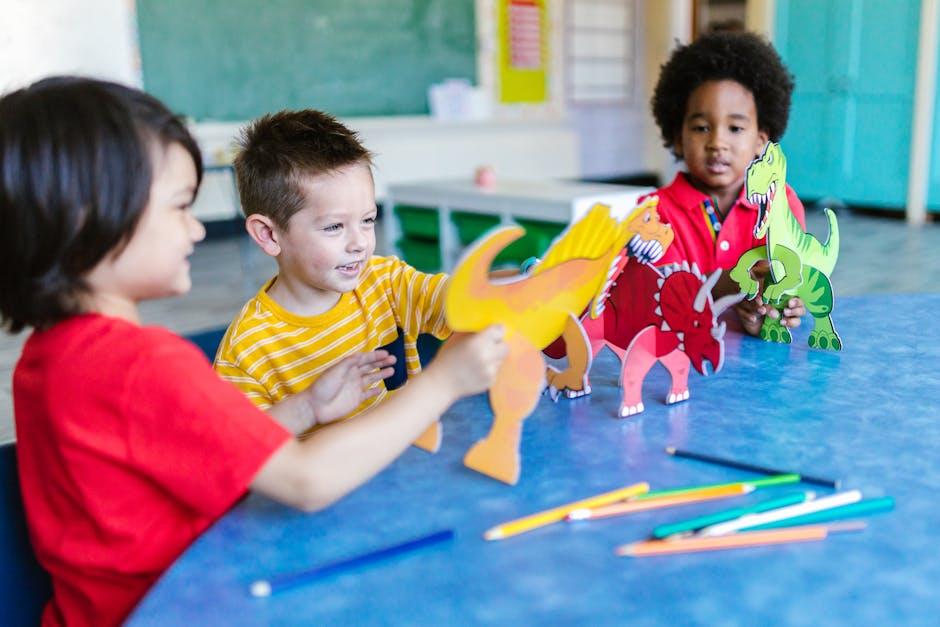Engaging in hobbies and crafts offers a multitude of benefits, extending far beyond the simple pleasure derived from the activity itself. A significant, often overlooked, advantage is the potential for forming new friendships and establishing vibrant communities built around shared interests. This article will explore how participating in hobby-related activities facilitates social interaction, fostering a sense of belonging and expanding social networks.
The inherent nature of many hobbies and crafts promotes social interaction. Activities like knitting circles, pottery classes, or model-building clubs inherently involve group participation. These structured environments provide a ready-made platform for meeting like-minded individuals. Shared experiences, whether it’s the frustration of a tangled yarn or the pride of completing a complex model, generate common ground and conversation starters, quickly breaking down initial social barriers. The focus on a common activity creates a comfortable and non-threatening atmosphere, making it easier to initiate conversations and build rapport.
Beyond structured classes and clubs, online platforms have revolutionized the way individuals connect through their hobbies. Numerous online forums, social media groups, and dedicated websites cater to specific interests, creating virtual communities where enthusiasts can share their work, exchange tips, and participate in online challenges. These digital spaces offer accessibility unmatched by physical gatherings, enabling individuals to connect with people across geographical boundaries, broadening their potential social circles considerably. Such virtual connections can frequently evolve into real-world friendships, with online acquaintances meeting at craft fairs, workshops, or even organizing in-person gatherings.
Furthermore, the collaborative nature of many crafts inherently encourages interaction. Participating in collaborative projects, such as community murals, large-scale knitting projects, or even building intricate models together, necessitates teamwork and communication, strengthening bonds between participants. These shared experiences, where individuals contribute their skills and expertise to a collective goal, foster a strong sense of camaraderie and shared accomplishment. The resulting sense of belonging strengthens social connections and can lead to enduring friendships.
The social benefits extend beyond the immediate group dynamics. Participating in hobby-related events, such as craft fairs, exhibitions, and competitions, exposes individuals to a wider network of people who share their passions. These events provide opportunities to showcase one’s creations, receive feedback, and engage in discussions with others, fostering a sense of belonging within a larger community. The competitive aspect of some hobbies, such as quilting competitions or photography exhibitions, can further motivate individuals to interact and connect with fellow enthusiasts.
Moreover, the process of learning and improving within a hobby provides another avenue for social connection. Seeking guidance from more experienced individuals, exchanging knowledge and techniques, and offering support to newcomers all contribute to building a supportive and collaborative community. Mentorship opportunities frequently arise within hobby groups, creating strong bonds between those with differing levels of experience. The act of sharing knowledge and skill, coupled with the mutual respect that develops, fosters strong relationships and strengthens community cohesion.
However, it is important to acknowledge that not all hobbies lend themselves equally well to social interaction. Solitary pursuits such as painting or writing, while immensely rewarding, may offer fewer opportunities for direct social connection. Nevertheless, even these solitary hobbies can be complemented by social activities. Joining online writing groups, attending painting workshops, or participating in art exhibitions can create opportunities for interaction and community engagement. The key lies in actively seeking out opportunities to connect with others who share similar interests.
The benefits of connecting through hobbies extend beyond friendship; they contribute significantly to overall well-being. A strong social network provides emotional support, reduces feelings of isolation and loneliness, and can even contribute to improved mental and physical health. Individuals involved in hobby-related communities often report a heightened sense of purpose, belonging, and self-esteem. The shared sense of accomplishment, the supportive environment, and the opportunities for self-expression all contribute to a more positive and fulfilling life.
In conclusion, participation in hobbies and crafts presents a powerful avenue for forging new friendships and building strong communities. Whether through structured classes, online platforms, collaborative projects, or hobby-related events, engaging with others who share similar interests creates opportunities for social interaction, fosters a sense of belonging, and strengthens social networks. The benefits extend beyond the realm of simple friendship; engaging in hobby-based communities contributes significantly to overall well-being, offering emotional support, strengthening self-esteem, and ultimately enriching life experiences. Therefore, embracing hobbies and actively seeking opportunities for social engagement within them can lead to rewarding friendships and a strong sense of community. The rewards are both personal and social, enriching lives individually and collectively.
